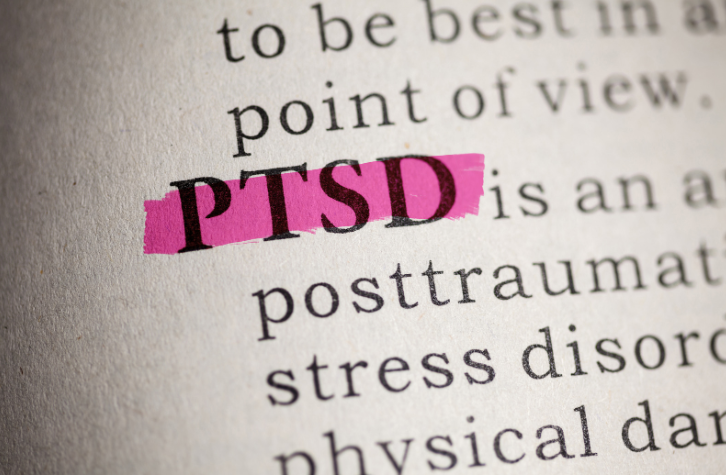![]()
Real Talk: Post-traumatic Stress Disorder
Do you know what post-traumatic stress disorder is and what are its symptoms? Today on our blog, we will explain what it is, how it develops, and the symptoms experienced by people who suffer from it.
Post-traumatic stress disorder (PTSD) is a mental health condition that can develop after a person has experienced or witnessed a traumatic event, such as a natural disaster, a serious accident, a terrorist act, participation in war / combat, physical or sexual assault or other events that may endanger life. People with this disorder may have intense and long-lasting feelings of stress and fear, which can make it difficult for them to lead a normal life.
PTSD symptoms can include nightmares, and intense anxiety, as well as feelings of guilt, shame, or depression. These symptoms can make it difficult for people with PTSD to continue to socialize, work, carry out their daily activities, or even want to leave the house.
PTSD symptoms can be divided into four main categories:
- Re-experiencing the traumatic event: This includes nightmares, memories of the event in the form of intrusive images, and intense feelings of distress when recalling the traumatic event. People with PTSD can also have physical reactions, such as trouble breathing, cold sweats, and rapid heartbeat, among others.
- Avoidance symptoms: People with PTSD may try to avoid anything that reminds them of the traumatic event, including people, places, and activities. They may also avoid talking about the event, thinking about it, or reflecting on how they feel.
- Hyperarousal symptoms: These types of symptoms include having trouble sleeping, feeling irritable or nervous, and having trouble concentrating. People may also be easily startled or feel on their toes all the time.
- Negative changes in mood and cognition: PTSD can cause feelings of guilt, shame, or depression, as well as a loss of interest in activities that the person once enjoyed. It can also lead to negative changes in self-perception and self-blame, and a feeling of negativity towards the future.
Although PTSD is associated with war veterans, the reality is that it can affect anyone who has experienced a traumatic event. It is a common condition that affects approximately 3.5% of the US population.
There are different types of treatment for PTSD, including medication, therapy, and support groups. Medications such as antidepressants and anti-anxiety medications can help reduce symptoms, but they do not cure the condition. Therapy, on the other hand, can be very effective in treating this disorder.
It is important to note that PTSD is not a sign of weakness, it is a normal response to an abnormal event. Symptoms may not appear immediately after the traumatic event and may develop gradually over time. Some people may experience symptoms for a few months, while others may have symptoms for years. Seeking help is an important step toward recovery and can take time and patience.
If you or a loved one is experiencing difficulties after being involved in a traumatic event, reach out to us. At AMR Therapy and Support Services we have therapists who can help you develop a treatment plan that is right for you. Don’t wait any longer and schedule an appointment.
#amrtherapy #therapy #onlinetherapy #counseling #onlinecounseling #lgbtq counseling #lgbtq #sexualidentity #stress #mentalhealth #mentalhealthprofessionals #couplestherapy #adultstherapy #teenagetherapy #seniors #veterans #blackcommunity #peopleofcolor #familytherapy #immigrants #transgender
https://www.amrtherapy.com/therapy-blog/
Phone: 530-637-8678
![]()










